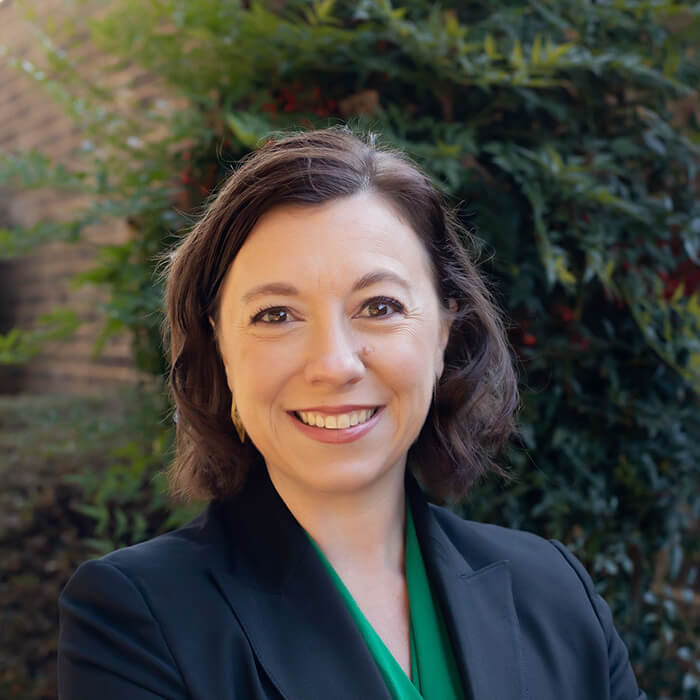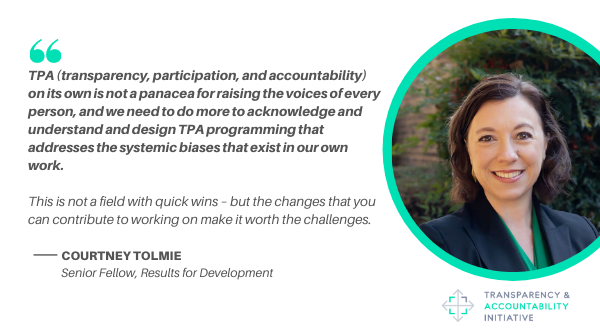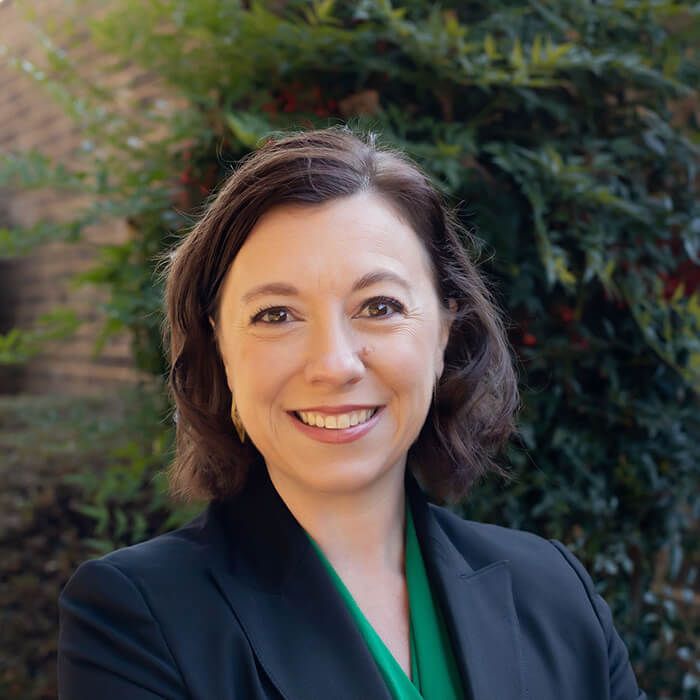
Courtney Tolmie. Photo Source: Results for Development
Courtney Tolmie is passionate about building and using evidence to advocate for change. For over 15 years, she has championed transparency, accountability, and governance research and programs in Africa, Asia, and Latin America with international organizations. At Results for Development, she leads their governance and citizen engagement practice and serves as principal investigator for their Transparency for Development programs. She is also currently a research fellow at Harvard University’s John F. Kennedy School of Government.
So what is it like to have designed and implemented TPA programming in the last decade, and what lessons are there for practitioners going forward? We spoke with Courtney on how TPA principles and tools can inform the global development field as the world recovers from the pandemic.
You have a long-standing career developing and working on TPA (transparency, participation, and accountability) programming. What sparked your interest in these issues?
Early in my career, I worked for several years on global health, women’s economic empowerment, and international trade policies, and one constant working on these diverse issues was that transparency, accountability, and corruption affect absolutely everything. I saw time and again that transparency and accountability were factors that made programs successful (for example, seeing district health officers work on building trust through transparency with community health workers) – or that their absence made good programs fail (often due to corruption). When I had the opportunity to start working on transparency, accountability, and anti-corruption efforts specifically, I jumped at the chance!
 In your experience of designing and implementing research and programs using TPA tools, can you share examples of where the use of TPA tools has helped advance social accountability? On the other hand, what barriers/gaps persist?
In your experience of designing and implementing research and programs using TPA tools, can you share examples of where the use of TPA tools has helped advance social accountability? On the other hand, what barriers/gaps persist?
I am not saying anything surprising here, but I think it is more helpful to think about TPA principles than tools. The last 15 years of research have really driven home the point that a single TPA tool is not going to work in all places, at all times, to address all problems. I think that one of the best ways that TPA can inform the global development field as a whole is by advocating for principles to improve accountability. For example, building closed feedback loops that integrate the voices of communities is a TPA principle that is unambiguously positive if implemented well. Similarly, using systems approaches to identify power imbalances and testing different ways to improve the power that traditionally marginalized communities have in government decision-making is a TPA principle that should be more universally applied – not only in our field but also in health, education, everywhere. When TPA principles like these are applied effectively and built to be flexible to changing contexts, they can make a big difference in a range of outcomes.
What misconceptions are there around TPA programming?
I think that there are a lot of misconceptions that all of us would agree with – and that are in the process of going extinct, thankfully (such as the idea that a single tool could be a silver bullet). So, I will share a few that maybe get less attention. In working with partners in health and education, I have seen that sometimes people assume that all problems can/should be solved by communities. Social accountability efforts can sometimes put too much pressure on people who have other demands and priorities to monitor corruption or to design local solutions to governance problems. I also think that TPA has sometimes been viewed as a means to raise the voices of marginalized populations, but as TPA practitioners (myself included), I don’t think we have always been the most sensitive and inclusive in our programming towards women, people with disabilities, LGBTQIA people, etc. TPA on its own is not a panacea for raising the voices of every person, and we need to do more to acknowledge and understand and design TPA programming that addresses the systemic biases that exist in our own work.
 What significant changes do you foresee in the TPA field?
What significant changes do you foresee in the TPA field?
I see three big trends that I anticipate will be challenges for the TPA field – but that could serve as opportunities to strengthen our work moving forward. First, the increasing movement for social and climate justice around the world requires TPA to look inward at our own past mistakes to ensure that future work is seeking to truly put people who have been the victims of social and climate injustices at the center of our work (not just talking the talk). Second, the continued rise of authoritarianism, especially in conjunction with COVID-19, is likely to continue to escalate mistrust and disengagement. The TPA field has to deal with this head-on and reflect on how we work with (or push against) government partners that are working to manipulate and take advantages of their constituents. This has always been a problem, but it does appear to be escalating to a level that we have not seen since the modern TPA field emerged. Third, and related, “poorly-behaving” governments are getting better and better at using technology to their advantage; while TPA has always been at the forefront of civic technology, many governments are catching up, and we need to be able to respond.
If you could advise a starter looking to develop a career in TPA programming, what would it be?
If it isn’t hard, it isn’t worth doing. Again, not a revolutionary or surprising statement, but many young professionals in development are still drawn to the idea of finding silver bullets. This is not a field in which I think there will ever be a silver bullet – but the changes we can observe (from Open Government Partnership subnational work to wins in holding extractive companies accountable to opening up procurement in so many countries and fields) have ripple effects even outside of the TPA field. This is not a field with quick wins – but the changes that you can contribute to working on make it worth the challenges.
What would surprise someone about you?
For the first few years of my global development career, I was also making wine with commercial vineyards in the U.S. I have no regrets choosing global development over winemaking, and I still do enjoy the fruits of my “other career” labor!
Love to hear more from Courtney? Follow her on Twitter at @CourtneyTolmie.
